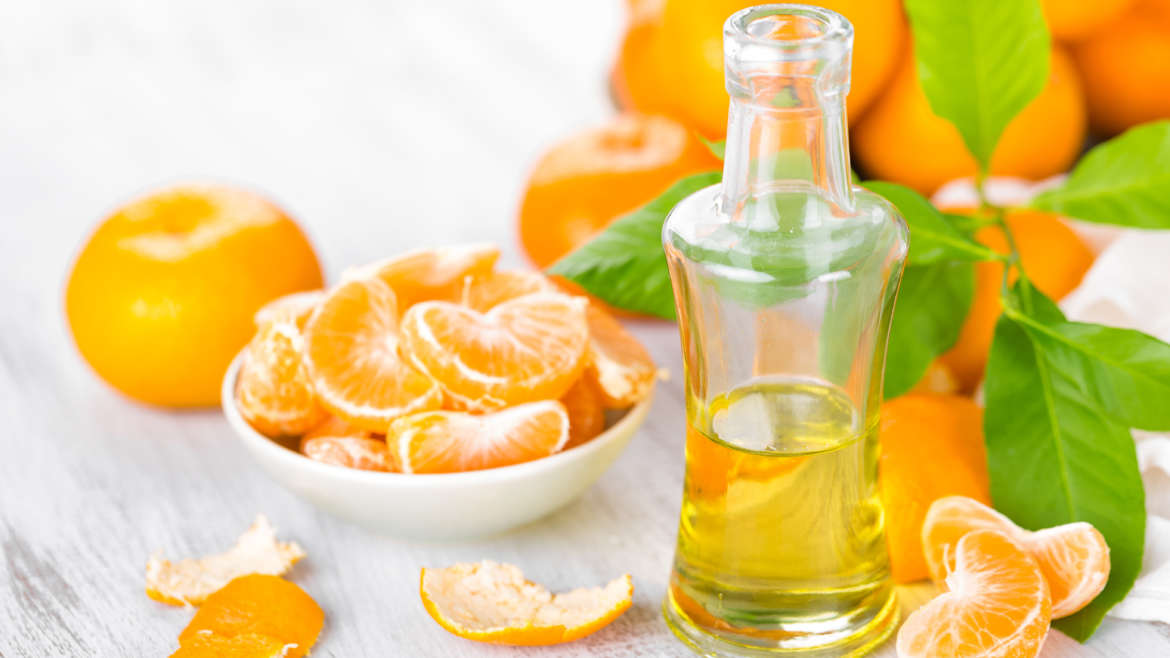How these products can enhance your food and health
Essential oils are not just for aromatherapy. Some are edible – good for your taste buds and your health. But edible oils do require know-how before you begin to use them, so you can safely reap the benefits.
Essential versus fragrance oils
Essential oils are made from natural compounds of plants, including roots, stems, and flowers. The volatile oils are extracted, which can be as little as one percent of the plant and concentrated into a vial.
In contrast, fragrance oils are synthetic and meant for perfuming only. Synthetics smell like their counterparts but have no therapeutic uses other than a pleasant aroma. Fragrance oils contain different structures than essential oils, and the body does not absorb them.
Essential oil prices fluctuate the way some foods prices do. Fragrance oils are cheaper because they do not depend on harvesting. However, some of the more volatile essential oils are less expensive than the synthetic versions, including lemon, orange, pine and some lavender.
Cooking with edible essential oils
For cooking, use only supplement grade oils, as this is the stamp of approval that the product you will use at home does not contain any harmful additives. A hands-on way to differentiate the type of oil is to put a drop on paper. Essential oil will evaporate without leaving an oily residue.
Essential oils are extremely concentrated. A very small amount, often one to three drops, is all that’s necessary and safe to use in many cases.
Edible oils are used in tasty recipes such as savory soups, salad dressings drinks and desserts. Use lavender essential oil to flavor a cake with coconut flour, raw honey and organic eggs, and bake at 350 degrees. Add a couple of drops of peppermint essential oil to brighten your favorite tea. A few drops of lemon oil splashed into your water makes a refreshing citrus drink.
Health benefits
Edible essential oils can be used to treat a variety of health issues such as arthritis. Turmeric, frankincense, myrrh, orange, and ginger oils contain anti-inflammatory properties that can help calm the swelling and pain associated with this condition. Specifically, ginger oil helps relieve arthritis’ painful symptoms by reducing inflammation in the nerves.
Research shows that ginger oil also can treat a wide range of infectious diseases that have an inflammatory component. These include conditions caused by viruses, bacteria, parasites, and physical and chemical agents.
Other oils help support healthy digestion and weight loss. Fennel, peppermint and ginger essential oils can help improve leaky gut syndrome. Meanwhile, a supplement of grapefruit, ginger, and cinnamon oil three times daily can benefit your metabolism.If you have a medical condition, it’s a good idea to consult your doctor or homeopath before adding edible essential oils to your treatment plan.
The heat factor
If you’re looking for health benefits from your edible essential oils, you need to consider the effect of heat. Once the oil rises above room temperature, most essential oils do maintain their basic composition, but the oil oxidizes and degrades very quickly. So, while your dessert will maintain the lavender flavor, the essential oil will most likely lose its healing properties.
Safety considerations
When you choose an edible oil, do your homework before you use it. Find the botanical name to determine what plant it came from. Then, study the safety concerns about that plant and the resulting essential oil. The FDA maintains a list of essential oils that are safe for their intended use.
Some essential oils can cause liver or lung damage. Others can interfere with medications. And some essential oils can be fatal specifically to children – such as eucalyptus oil – and must be kept securely out of their reach. So, although there are benefits to these oils, they must be used with great care.
Using edible essential oils can enhance the quality of your cooking and bring a fun, new experience into your kitchen. Check out Jonathan Bailor’s book, The Calorie Myth, for more information on how to best use food to heal the body.




2 Comments
Corey
What a neat article, Maggie! I have recently been trying to further educate myself on the vast array of essential oil benefits but didn’t think about putting them in food!! Would you mind if I asked you a few questions on the topic? I would really appreciate your personal thoughts! Thank you for your time and consideration 🙂
Victoria Rotante
HI Corey,
What questions can I answer for you?
Vickie